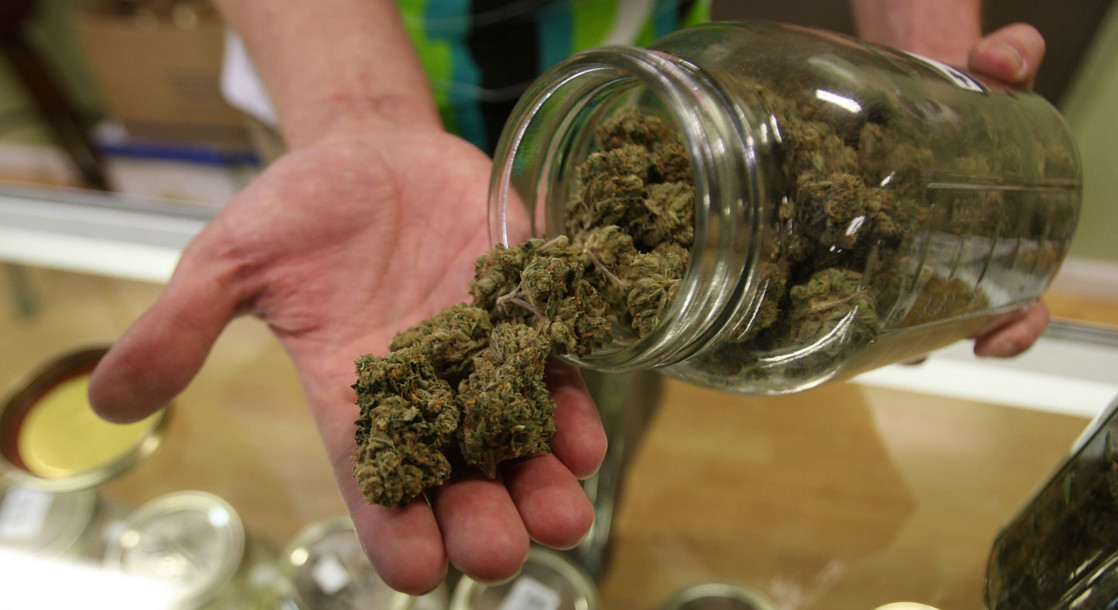Although Nevada marijuana regulators took action last week to issue recreational marijuana licenses to businesses other than the state’s liquor wholesalers, a judge has put a temporary stop to this plan.
According to the Las Vegas Review Journal, Judge James Todd Russell handed down an order last Friday that prevents any business other than the liquor distributors from putting marijuana on the shelves of the state’s 60 dispensaries. The temporary order, which was requested by the Independent Alcohol Distributors of Nevada, suggests that the alcohol industry has been denied due process by the Department of Taxation.
The department must now prove the liquor distributors cannot adequately handle the job before the injunction can be lifted – something that taxation executive Deonne Contine believes has already been accomplished.
“I think the evidence is fairly clear today that this market needs to be opened up,” Contine told the Associated Press. “The capacity of only liquor wholesalers to serve the market seems lacking.”
It was just a month ago that Nevada Governor Brian Sandoval issued a “Statement of Emergency” over a marijuana shortage that took place shortly after the state launched its “early sales” program. Reports shows that some of the dispensaries licensed to sell recreational marijuana serviced 10 times as many customers as they did through the medical sector alone.
However, Judge Russell does not believe his decision to halt additional marijuana distribution licenses will sabotage the market. He says the six booze distributors the state has, so far, given permission to transport marijuana from grow facilities to retail outlets should be enough to hold down the fort while the issue is being sorted out.
The language of the initiative (Question 2) that legalized recreational marijuana in the state of Nevada clearly gives the liquor wholesalers exclusive rights to the distribution of marijuana for the first 18 months. Yet state officials have argued that not enough of these operations are interested in getting involved with the marijuana industry to properly service the market.
During a recent public meeting on the issue, tax officials said that without the involvement of more distributors, the state was destined to lose a significant chunk of change to the black market.
The situation is scheduled to be hashed out later this week, and will make the third time the issue is addressed in court.











